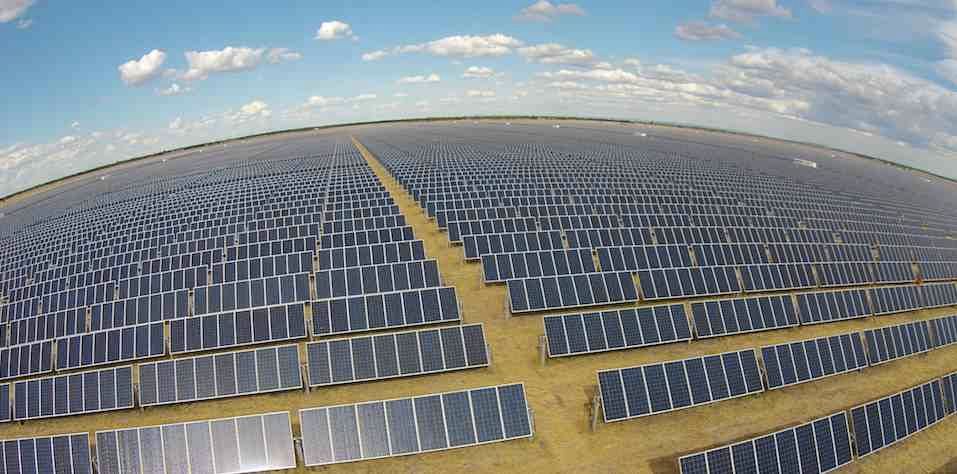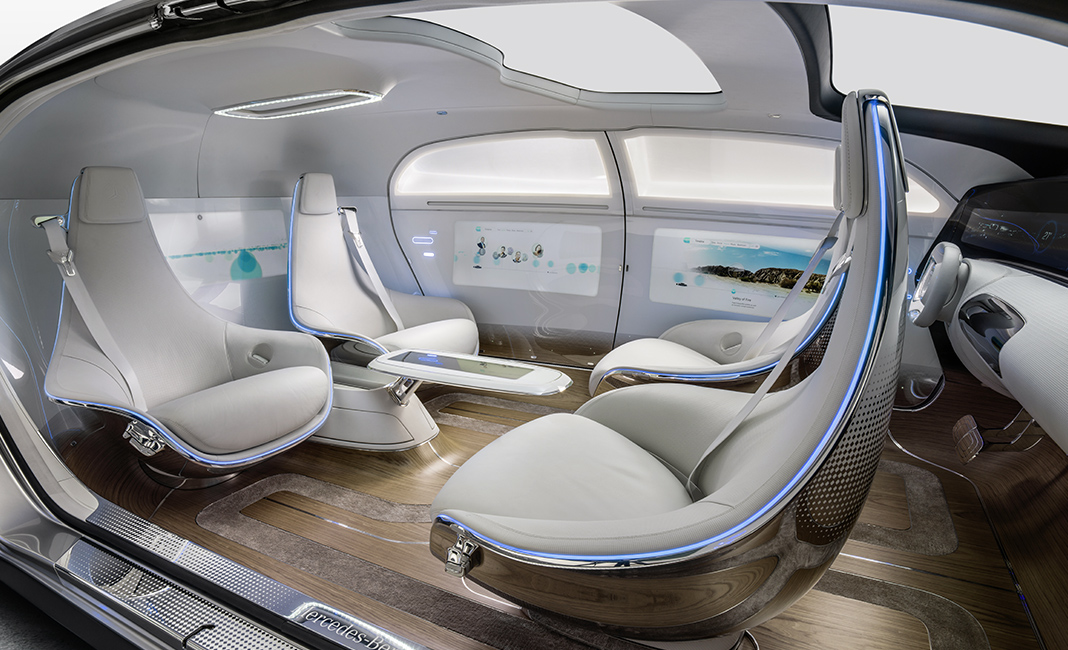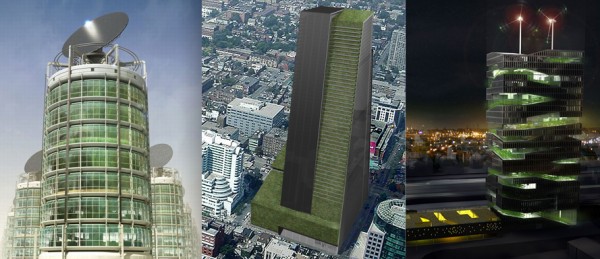At the current rate technology is progressing, what does the future hold for us?

Computing power has increased at an alarming rate. In less than 20 years computer power has grown at an exponential rate going form chips that were only 200MHz and 2MB of ram in speed to chips that are now exceeding 200GHz and 200TB of ram. And now with the introduction of quantum computers, they can process more data than there are particles in the universe. Just let that sink in for a moment. Computers are now dominating our way of life from everyday shopping, to weather predictions and scientific research. Without them we would be lost. But what about tomorrow? How could this benefit us and the planet.

Energy efficiency. The sun produces an enormous amount of power. And we have only just recently learned how to properly use this and store this power. The largest ones are currently in China, Tengger desert and Datong each producing over 1000MWp enough to power 2 large cities. By 2025, the Chinese government want 50% of there power to be produced by solar energy.
If in the future all countries used Solar energy in this way, we would do away with the need for fossil fuel and nuclear power plants, no more toxic wast and less air pollution.
Germany at present have more energy than they can use thanks to the efficiency of Solar farms.

Electric/hydrogen cars. With the introduction of vastly superior energy retention from renewable sources, the lack of fossil fuels and the danger of nuclear wast. Electric cars will become common place. Plans are currently being developed for roads that can wirelessly charge your car while your driving it. And hydrogen cars will also be among them, with the introduction of hydrogen on demand systems, this eliminates the danger of storing it. And this power could run an electric or combustion engine. With self driving cars being developed too, all this would be hands free. You tell the car where you want to go and you can continue updating your social media and watch cat videos.

The expansion of our civilization cant be ignored, forests and home for wildlife being stripped away to make way for homes and other buildings, the shortage of greenery and places to farm are starting to dwindle. For the last 3 years, we have not farmed enough food for everyone as our population expands. And that number is growing each year. But with the introduction of vertical farms could solve that. Layer after layer of vegetation upwards of 10 stories would be prevalent in coastal and urban areas as they only take up the floor space of a large factory. Solving the space issue and food shortages.

In 1957, the first man made satellite was sent into space, and since then we have explored the far reaches of our solar system unmanned, but only as far as the moon for man. But what would space exploration be like in the future? Companies like virgin and space-x have in the planning for tourist to go to space. Creating craft that can take off from earth, orbit and land without wasteful and heavy rocket fuel. Virgin want the first tourists in space by 2020.
but what about mars and beyond. Interplanetary engines are being developed such as the EM drive and Iron drive, which could potentially remove the need for rocket fuel, and it would also be quicker too. As for traveling to other solar systems, Nasa, Space-x and other Space research facilities (and universities) are looking into alternate forms of travel such as solar wind and warp drive. These theories are fairly new and still have much more research to do before the first missions, but considering we have gone from the horse and cart to were we are today in less than 150 years. Who knows? By 2117, we could be sending men to Alpha Centuri.
Thanks for reading.
@techmojo

 hiveblocks
hiveblocks